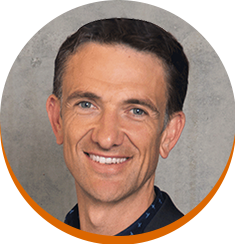Develop High Performers with the Growth Mindset
Learn how Growth Mindset increases your teams’ potential, and takes your organisation to the next level.






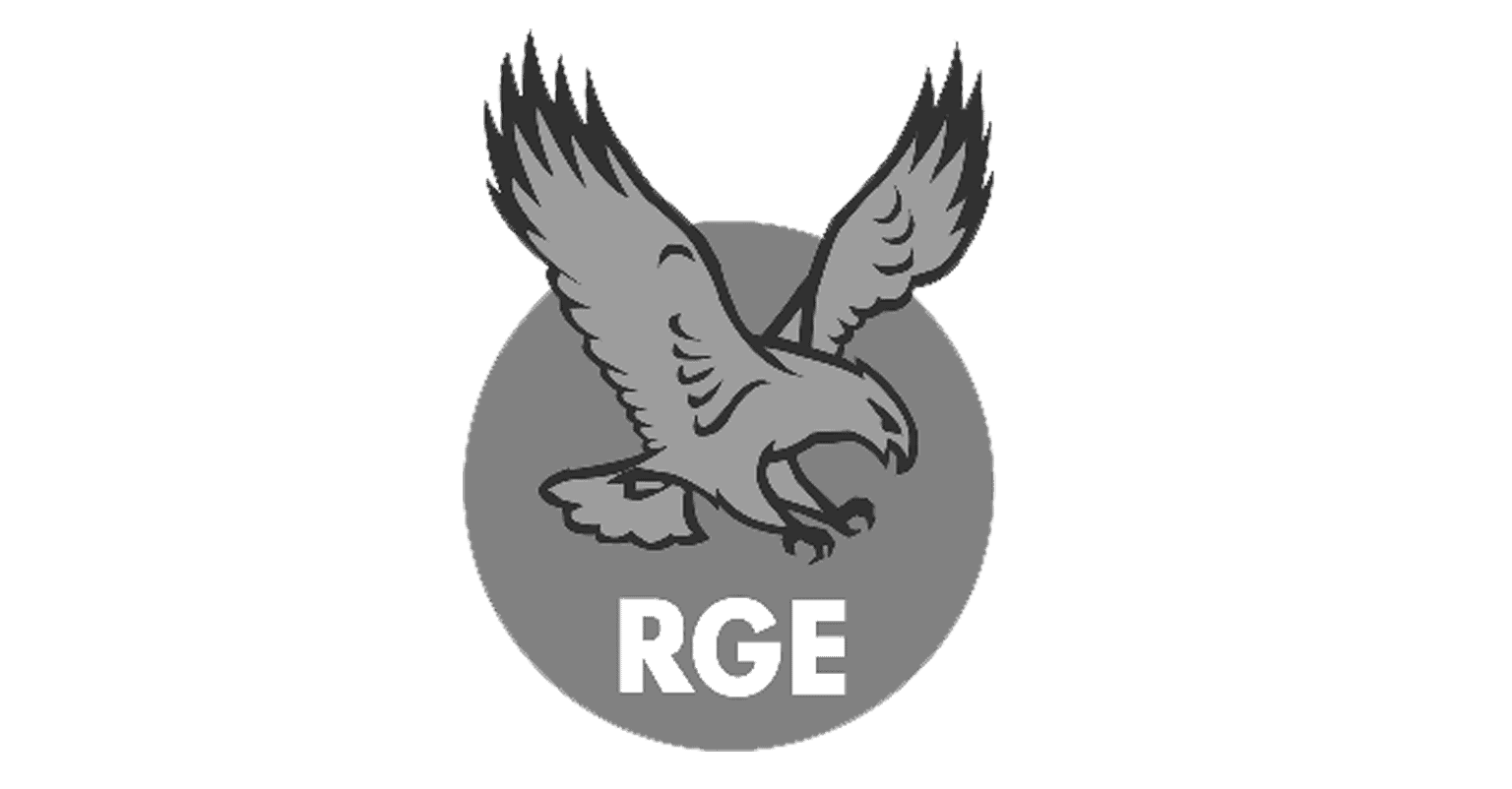

Growth Mindset vs. Fixed Mindset
Performance can often be attributed to mindset.
Those driven by a Growth Mindset believe there is nothing they can’t learn, no situation they can’t figure out. They believe they can develop and grow – no matter the subject matter. They embrace challenges, welcome feedback, and aren’t afraid to fail. This kind of mindset creates high performers.
By contrast, those driven by a Fixed Mindset perceive change and challenge as threats. They believe they’re only good at certain things, and are reluctant to take on new endeavours. These people are less willing to take risks, fail, and collaborate – and as a result, tend to be low performers.
But mindsets can be changed—and so can performance—by shifting to a Growth Mindset.
How Growth Mindset Powers Performance
The future of work (FOW) will be shaped by automations and artificial intelligence, making businesses who fail to adapt irrelevant. Businesses must prepare and upskill their employees if they don’t want to be overtaken by more advanced companies, but two-thirds of the workforce aren’t ready for the changes that face them.
They aren’t ready because they’re driven by a fixed mindset.
Employees with fixed mindsets will not survive the future of work. How can you prepare them and protect the future of your company?
By helping your employees develop a growth mindset.

Fixed Mindsets Are Threatened By Change
People often perceive changes and challenges as threats. And when a threat is present, people’s ability to think, learn, adapt, and recover is limited.

Growth Mindsets Remove the Threat
Perceived threats occur through triggers. We use Growth Mindset Institute's (GMI) Mindset profiler to help people understand their fixed mindset triggers and practise shifting them toward a Growth Mindset.

Teams with Growth Mindset Drive High Performance
Teams that practise shifting to a Growth Mindset more effectively examine issues, respond swiftly to change, receive feedback, show resilience, and pursue innovation.
ILS offers world class Growth Mindset intervention programmes. Interested in setting one up for your team?
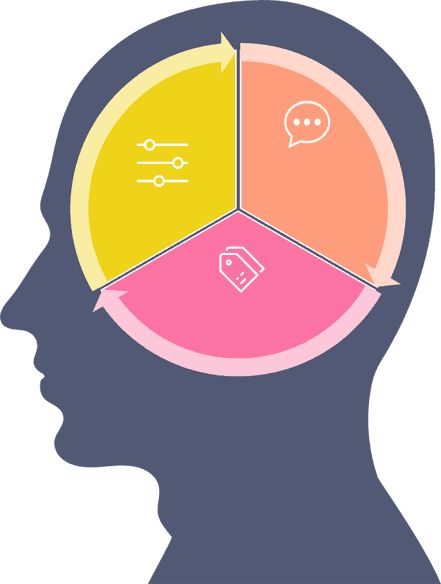
Identify Gaps with The Growth Mindset Profiler
The key to successful growth mindset intervention is identifying the triggers that lead to a fixed mindset mentality. The GMI Mindset Profiler does just that. Backed by the latest research on mindset and neuroscience, it is the only validated mindset assessment tool in the world, approved by Professor Carol Dweck. GMI Mindset Profiler has also won the leading HR Management Newflag Award.
The GMI Mindset Profiler is not only used to gain insight into individuals’ fixed mindset triggers, but it can diagnose the current status of teams, identify gaps, and analyse root causes as well.
ILS works with GMI to conduct growth mindset interventions that build high performing cultures.
Current Mindset Science 2021
Mindset researchers now recognise that mindset interventions must go beyond teaching mindset as a concept and involve reflection on triggers and the strategies to manage them. The programme being proposed is based on the core recommendations for best-in-class design of a mindset intervention.
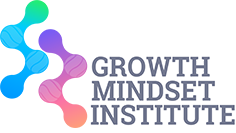
It’s Not a “TELL”

Because a growth-mindset intervention seeks to create a world of new meanings, an important theme is that it is not sufficient to simply “teach the facts” of a growth mindset and then expect people to change. This approach creates a ”false growth mindset”.
Understanding Fixed Mindset Triggers

To be effective interventions must resonate with people’s experiences. They must place people’s experiences within the growth-mindset-meaning system. The intervention needs to help people recognise and reflect on their triggers.
Strategy Use

People who practice growth mindset tend to strategise which resources they should use. They seek and use resources to make their learning, goal pursuit and work more effective.
Dweck 2021 – Handbook of Wise Interventions
Growth Mindset FAQs
Coined by Carol S. Dweck, Psychology Professor at Stanford University, Growth Mindset is rooted in the belief that everyone can improve and achieve mastery through perseverance and practice. It is about the ability to learn, unlearn and relearn in a myriad of situations and the determination to continue pushing the boundaries to improve. As individuals embrace the Growth Mindset, organisations achieve higher performance.
A fixed mindset doesn’t believe growth is possible. Individuals with a fixed mindset see their skill sets and intelligence as predetermined and set in stone. This kind of thinking limits individuals and organisation’s potential.
Research has found that organisations who embrace growth mindset benefit from higher team engagement, greater innovation, and better collaboration. In addition, Growth Mindset prepares organisations for the future of work (FOW) where automations and artificial intelligence will make many organisations and job roles irrelevant and no longer needed in the new economy.
There are eight fixed mindset triggers uncovered by Professor Carol Dweck. Evidence shows that fixed mindsets can be changed by developing self awareness around people’s fixed mindset triggers and developing strategies for growth. This kind of intervention is possible through growth mindset intervention programmes.
As the Growth Mindset Institute’s (GMI) exclusive partner, we apply Professor Dweck’s research on Growth Mindset to design and deliver growth mindset intervention programmes that are proven to develop a genuine growth mindset in people. Our programmes are continuously updated to incorporate Professor Dweck’s latest research to ensure that you get the best growth mindset training for your teams. GMI programmes have been delivered to over 5,000 leaders and their teams in business and government. We learn from every workshop and work to make our training programmes better every day.
- Read her bestselling book – MINDSET: The New Psychology of Success
- Watch her TEDTalk – The Power of Believing You Can Improve by Professor Carol Dweck
- Watch Google Talk – Growth Mindset at Google Talk
Professor Carol Dweck’s Growth Mindset
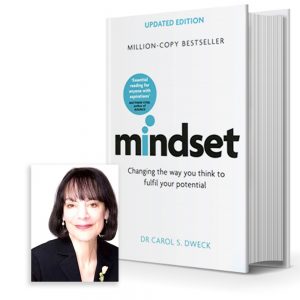
Professor Carol Dweck is an American psychologist who specialises in research on mindset – specifically related to motivation, personality, and development. Her theory on growth mindset states that talent and ability can be developed and that intelligence and natural gifts are just the starting point.
Growth Mindset programmes have been used to impact organisational change in companies across the world, including Airbnb and Microsoft. As the Growth Mindset Institute’s exclusive partner, ILS applies Professor Carol Dweck’s research on Growth Mindset to create organisational culture change in companies across Southeast Asia.
Avoid False Growth Mindset Consulting
- Merely introducing concepts without tying them to individual behaviour, practises—and most important—to results.
- Asserting that a Growth Mindset makes a person or organisation capable of doing anything! While Growth Mindset stretches performance beyond previous levels, it is fundamentally a practise that opens up new paths and increases resilience after setbacks. It is a never-ending journey, not a one-and-done silver bullet.
- Using Fixed Mindset as a negative term that is used to blame or shame others. Fixed Mindsets are part of everyone and never simply go away. Identifying them and working with them is a lifelong journey. Fixed Mindsets actually become pathways to development when people learn to consciously shift them to a Growth Mindset.
- Often taught by people who have not undertaken the Growth Mindset journey themselves. They have not studied the underlying psychology and neuroscience and cannot speak to their own triggers and behaviour. Lacking expertise, their ‘Growth Mindset’ approach is superficial and incapable of catalysing organisational culture change.
“False growth mindset is saying you have growth mindset
when you don’t really have it or you don’t really understand
[what it is].”
PROFESSOR CAROL DWECK
Going the Extra Mile for Our Clients






